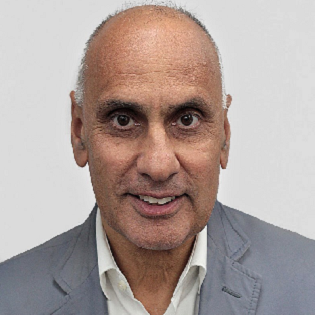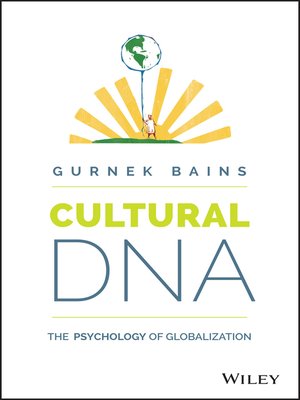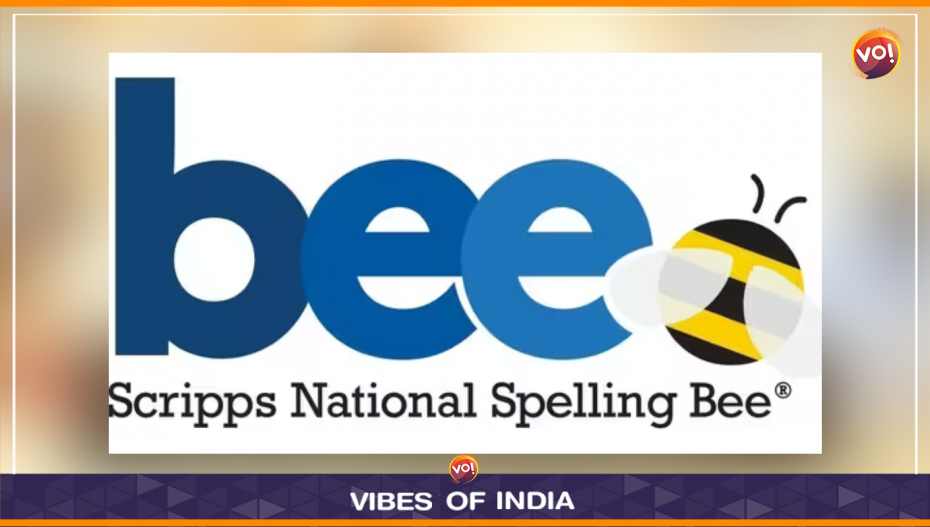When 14-year-old Dev Shah, won the $50,000 American National Spelling Bee Competition last month, people were once again asking that old question: what makes Indian-Americans so good at the game? It’s a question that social psychologist and author Gurnek Bains has been asked often and his answer is unequivocal: it’s in the Indian DNA. “Indians are strong on disciplined memorization,” he says. “The Vedas have been transmitted orally over thousands of years, incorporating mnemonic methods that made the otherwise gargantuan task easier. Even today, the Indian education system emphasises rote-learning.”

With a PhD from Oxford University, Bains is the chairman of the London-based consulting firm YSC and author of the best-selling book, Cultural DNA: The Psychology of Globalization, which offers up cultural insights from across the world. For example: why are American so optimistic? Bains says it is because they are descended from people who travelled 3,500 miles across the Atlantic: “Choosing to go to America required you to be an optimist. You had to see possibility rather than peril, hardship or even death as the potential consequence of your choice.”
Other cultures often see American positivity as inauthentic and resent the stretch goals set by American bosses. Americans, for their part, find the caution and lack of pace in other business cultures to be frustrating.

In Cultural DNA, Bains demolishes the idea that people are essentially the same wherever you go. “Those who have moved to a different culture, and have lived there for some time, come to realise the surface similarity is a something of an illusion, only held by the tourist. Cultural instincts of different societies are different in profound ways.”
Bain sees national traits from the lens of anthropology. For example, to the question ‘Why is there a Chinatown in most major cities (including Kolkata)?’ his answer is: Historically, China has been an introverted country that set itself apart and had an internal image of superiority over other nations. Even today, Chinese students in the US tend to keep to themselves. Minorities and immigrants tend to congregate wherever they might be, but the Chinese take it to a whole new level. They recreate their home country in Chinatown enclaves, with total exclusion of the local culture. This sense of isolation is eroding somewhat as China engages with the world today, but as Bains says: “When the Chinese first move into a Western organisation, they are hardwired to feel a sense of uncertainty and dislocation. People sometimes mistake this as arrogance.”
When I interviewed her some years ago, human resource management veteran and author Anuranjita Kumar told be about a workshop she attended in Europe where an international set of executives was posed this question: suppose you are travelling in a car late at night with a close friend who accidentally hits and kills a pedestrian crossing the road. You are the only witness and everything hinges on your testimony. Would you attempt to shift the blame for the accident to the pedestrian or would you tell the truth, knowing it would send your friend to jail? “The Dutch and German executives were unambiguous in their choice. To them, honesty was more important than relationships. For the Asian participants it was a dilemma because they value relationships greatly,” says Ms Kumar.
These are personal stories, but building a theory attributing cultural traits to genetics is controversial. Some may call it racism, so Bains takes great care to avoid making sweeping statements. As a corporate consultant (the British executives at Land Rover sought his advice when the company was taken over by the Tatas), his focus is mostly on work related issues. “If some of the factors related to culture stem from biological factors, it is best to recognize the fact. At the very least it can absolve individuals from personal blame and lead to greater empathy, especially when their behaviours are not in accordance to what others expect,” he says.
Also Read: No ‘taxing’ matter: Gujarat ranks first in GST compliance













